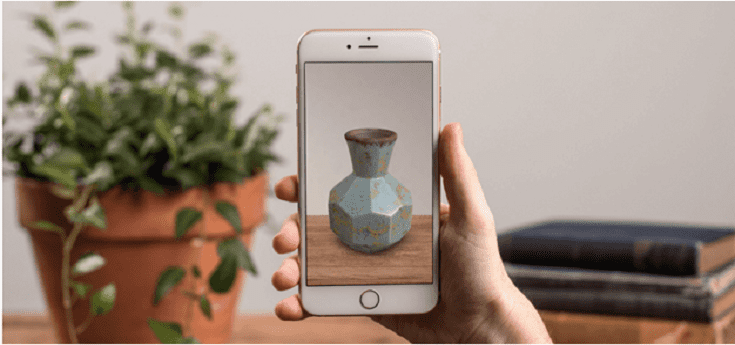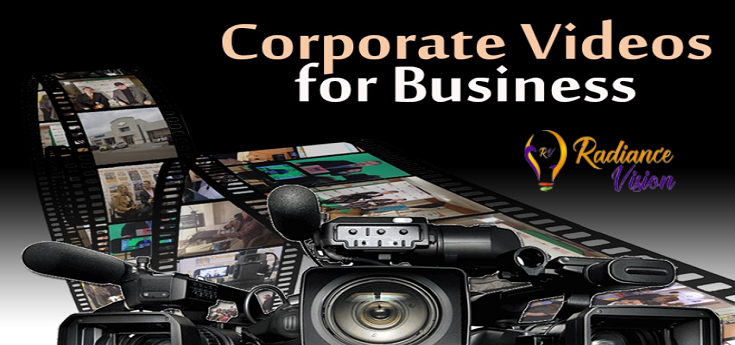Complete Guide Of Augmented Reality Content For E-Commerce

Complete Guide Of Augmented Reality Content For E-Commerce
Numerous
customers still want to review products more thoroughly before purchasing them,
and for these customers, looking at pictures on a website won’t do the deal.
Certainly, some e-commerce platforms are approaching this issue by giving free
shipping or free tests, but these actions take time and miss to convert buyers
who want immediate gratification. This is where augmented reality plays a part.
Augmented
reality — AR for brief— is one of the most significant drifts in the e-commerce
domain. It allows computer-generated things to coexist in the real world with
the aid of mobile or web programs. AR enables users to see how an object would
look in their surroundings without being there materially.
It’s
not simply about displaying products, though. In few instances, augmented
reality can be applied to create a buzz or advertise a firm or product. Custom
social media filters that imply special effects on smartphone photos and videos
(particularly selfies) are a great example of AR.
Here’s a comprehensive summary of the
basic types of augmented reality applications to count:
Marker-based
AR
With
marker-based AR, the program practices a predefined marker (such as a QR code
or picture) to superimpose pictures into the physical realm. A visual marker is
hardcoded into the code, then the app utilizes that marker to analyze the
orientation and positioning of the mobile camera.
Markerless
AR
Growth
in the AR domain has empowered developers to build apps that don’t need
markers. Alternatively, these applications can identify patterns, shades, and
other properties within a structure.
Location-based
AR
Location-based
apps are a variety of markerless AR that utilizes your GPS location to create
visual components. There aren’t various location-based AR apps for online
pure-plays as most e-commerce sites principally do market online. But hold this
AR app on your list if you’re intending to retain customers through real-world
projects such as events or pop-up shops.
Projection-based
AR
This
kind of AR app throws lights onto a 3D model to build a realistic-looking
thing. If you’re in e-commerce, a projection-based program would be ideal for
displaying various designs of the same item without ought to send or carry
various SKUs.
Final
words
We’ve
incorporated a lot of areas in this blog, and by this time, you should have a
fundamental idea of what you want to do to begin your AR forces. When in
difficulty, regularly ask for help from an expert. If you necessitate more
knowledge about e-commerce and AR, don’t hesitate to get in touch. We’ll be
happy to think out the fittest plan for your firm.
Visit our website now:
https://www.radiancevisiongroup.com/
https://www.radiancevision.co.in/





